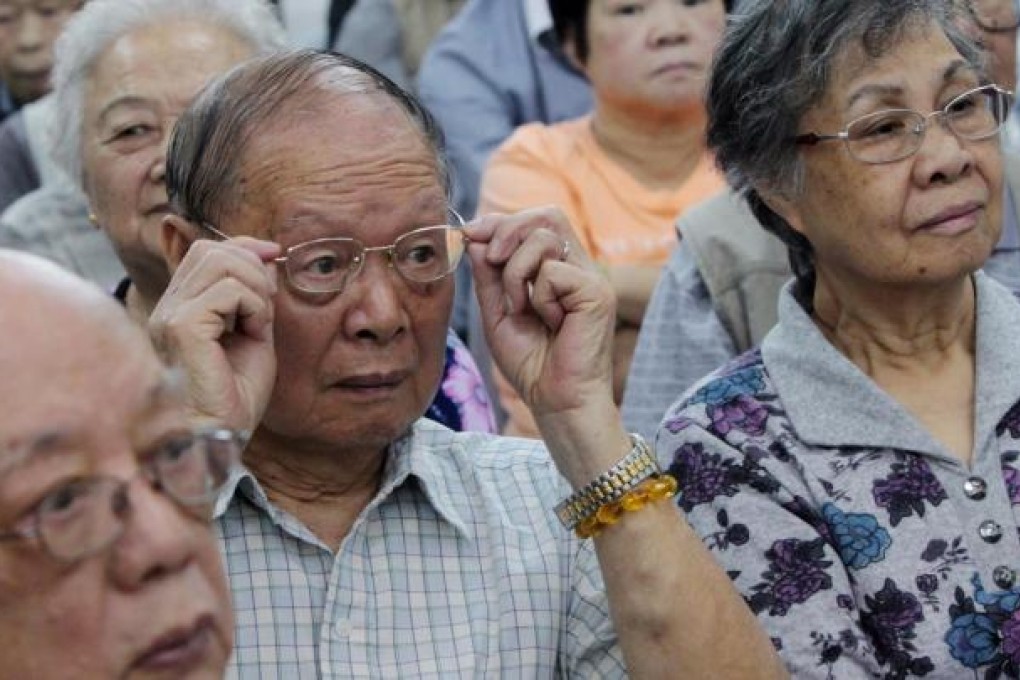HK elderly living in Guangdong in line for 'fruit money'
Elderly Hongkongers who have chosen to retire over the border have welcomed the Hong Kong government's plan for a monthly allowance

When Hsui Chi-kwong and Huen Lai-piu's three pets died of old age, the Hong Kong couple, aged 75 and 67, decided to move from their friend's home in Guangzhou's Panyu district to a flat at an elderly care centre. They have been there for five years.
The couple left Hong Kong after Hsui retired in 2003 from his job as an electrical engineer. They are among the more than 100,000 Hong Kong elderly who have chosen to retire over the border, about 60 per cent of whom have settled in Guangdong.
"The flat is bigger and the air cleaner; the price is much cheaper compared with an elderly care home in Hong Kong," Huen said.
However, the couple are facing mounting financial pressure. Prices for basic items keep rising and the exchange rate between the Hong Kong dollar and the yuan has not been in their favour for years. They are forced to rely on savings and keep expenses down to HK$5,000 a month.
But retirees like Hsui and Huen have drawn hope from the recently passed "Guangdong plan". Proposed by former chief executive Donald Tsang Yam-kuen and passed by the new administration, it allows elderly Hongkongers living in Guangdong to collect "fruit money" - an old-age monthly allowance of a little more than HK$1,000. The allowance is offered to permanent residents aged over 65. Successful applicants can continue receiving fruit money as long as they spend at least 60 days a year in the city.
Under the Guangdong plan, people like Hsui and Huen should be eligible.
The plan has been widely interpreted as a fresh response to the pressures confronting Hong Kong as it shifts towards an ageing society.